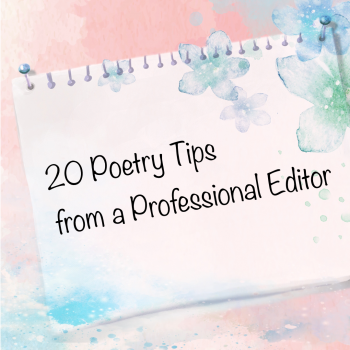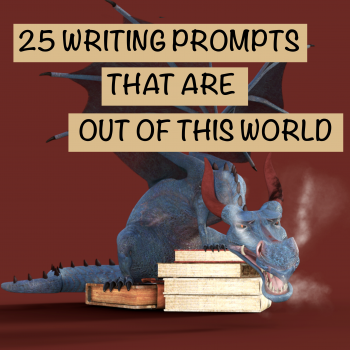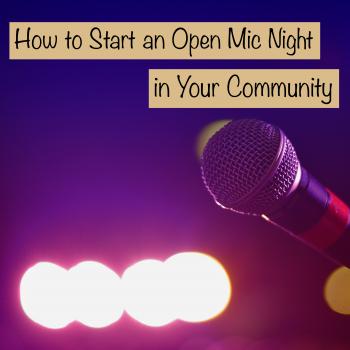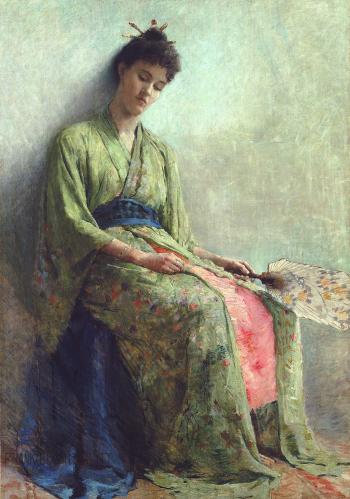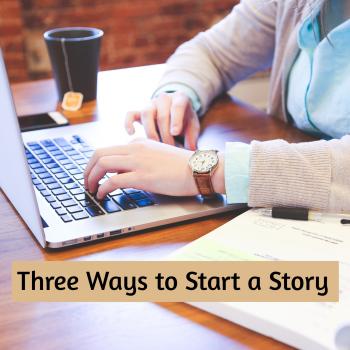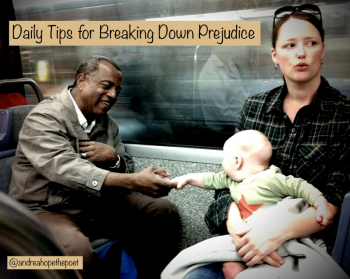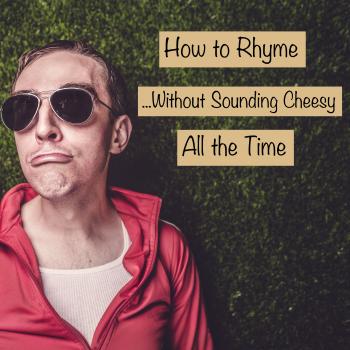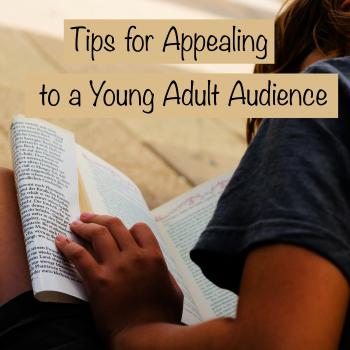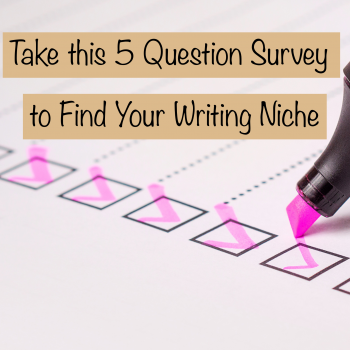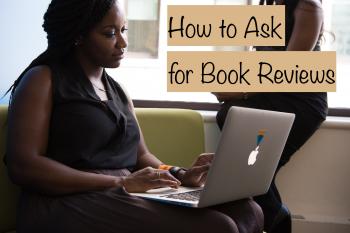Users Who Spiked
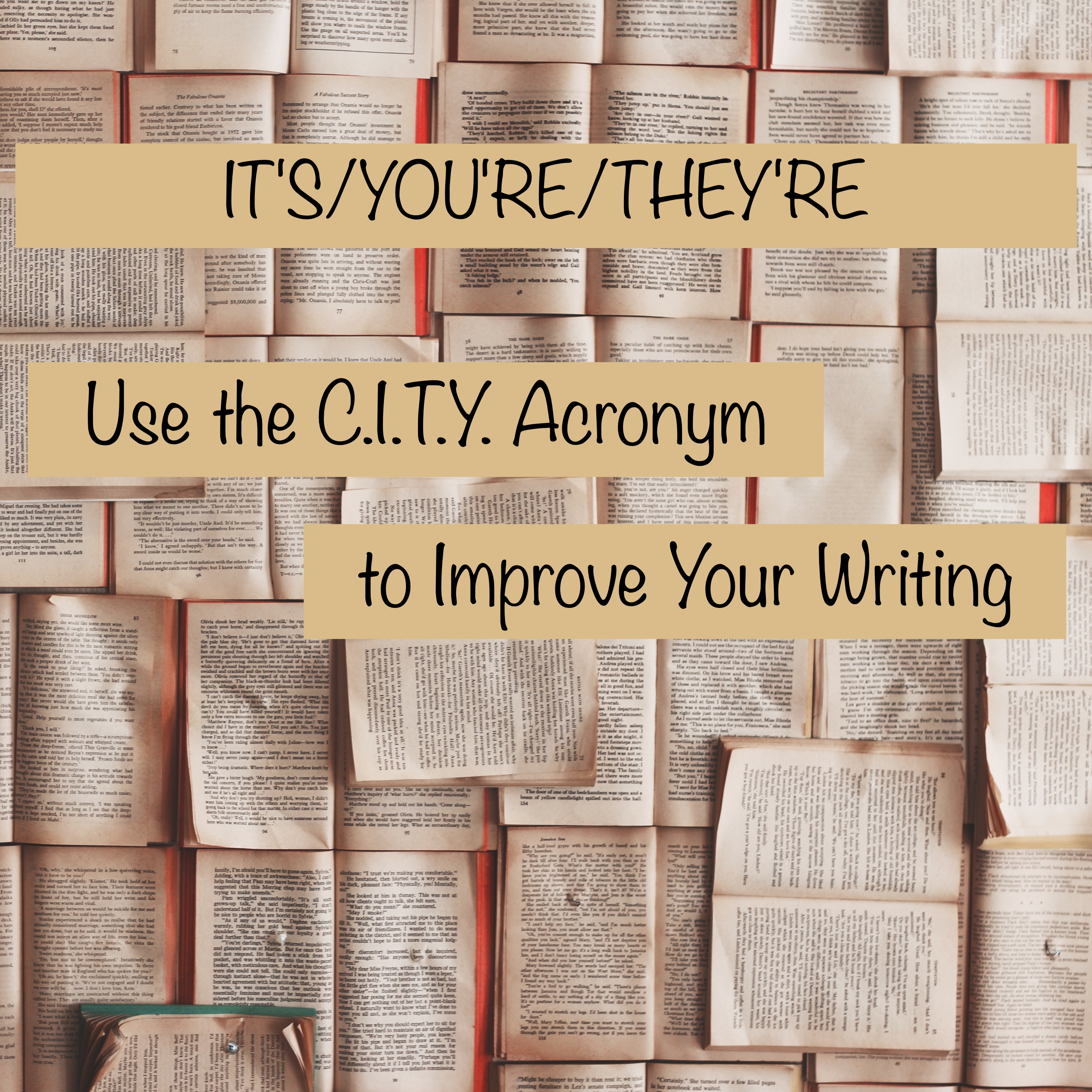
USE THE C.I.T.Y. ACRONYM TO IMPROVE YOUR WRITING
Private Notes
Private Notes
Notes
As a freelance poetry editor, I've noticed grammar and usage trends that befuddle even the most ingenious creative writers. Though, of course, I would recommend hiring a professional editor (pick me, pick me), I've come up with the acronym C.I.T.Y. for those who need to self-edit and tackle a frequent error: the misuse of contractions.
C - Contractions. Contractions have a wide usage in almost every form of writing. They are seen in newspaper articles, novels, greeting cards, and the like. They are especially common in creative writing and can enhance the flow of your poetry or make your characters sound more natural. Hence, you should start by perusing your document and focusing on your general use of contractions. Combine words to improve your story's readability or remove contractions when you would rather be more formal.
I - It's. From my experience, "it's" is the number one, most confusing contraction. Unlike describing the dragon's tail or the library's secret passage, the apostrophe s in "it's" does not show possessiveness (its tail or its passage). The term "it's" should only replace "it is" or "it has". So search your document and say "it is" or "it has" out loud in place of every sentence using "it's" to ensure that you have the correct word usage.
T- They're. I'm sure that most writers could identify the difference between there, their, and they're in a grammar quiz (tell me this isn't wishful thinking). However, when crafting pages of plot twists or penning poem after poem for an anthology, it becomes quite easy to mix up these three terms. "They're" is a contraction for "they are". Check all the instances where you've used "they're" and ensure that you didn't mean to use "their" (possession) or "there" (place) instead.
Y- You're. The final culprits: you're vs your. Similar to the terms above, "you're" should not be used as a possessive pronoun. Use the aforementioned technique—say "you are" in place of every "you're" when reading through your manuscript.
And it's that simple. Okay, maybe not simple, but worth the tedious effort. So, before you submit that fantastic manuscript, haiku, or book review, think C.I.T.Y. and be confident about your use of contractions!
ANDREA HOPE is a poet, editor, and world citizen, whose works have won acclaim in North America, Europe, and the Middle East. Her poetry book, TO MOTHER, is available on Amazon in paperback and ebook formats.
Comments
Please login to post comments on this story
-
They’re.
The there's always got me, but I learned them about 5-6 years ago. I don't think they were fully explained in high school that well. their is possessive. there is like a place, like you're going somewhere, you're referencing something, pointing at something. they're is they are. Of course you explained it, just stating it took me such a long time to figure it out. I'm going to go over this with my younger sister when I see her this week. -
I - It’s. From my experience, “it’s” is the number one, most confusing contraction. Unlike describing the dragon’s tail or the library’s secret passage, the apostrophe s in “it’s” does not show possessiveness (its tail or its passage). The term “it’s” should only replace “it is” or “it has”. So search your document and say “it is” or “it has” out loud in place of every sentence using “it’s” to ensure that you have the correct word usage.
This one took me a while too, but not like the there's. -
Y- You’re. The final culprits: you’re vs your. Similar to the terms above, “you’re” should not be used as a possessive pronoun. Use the aforementioned technique—say “you are” in place of every “you’re” when reading through your manuscript.
This one gets a lot of people. Your/You're and the there's really are common issues for a lot of people. Great article, I'm going to share this. I know this will be of use to so many. -
This is a great advice! It's so important to go over our writing and double check these things. Thanks for reminding me to pay more attention!



















